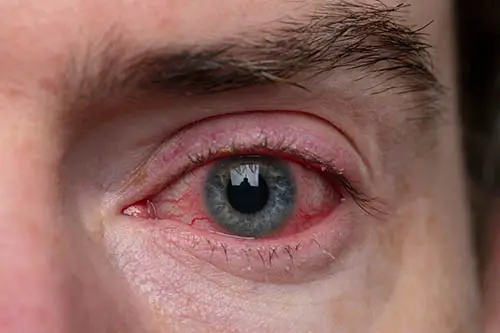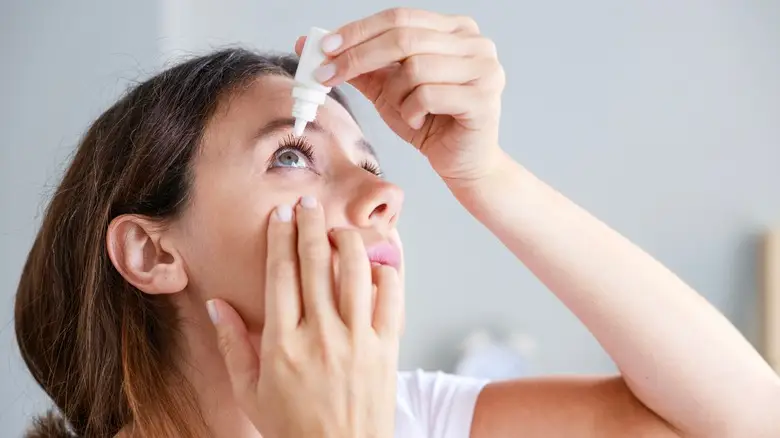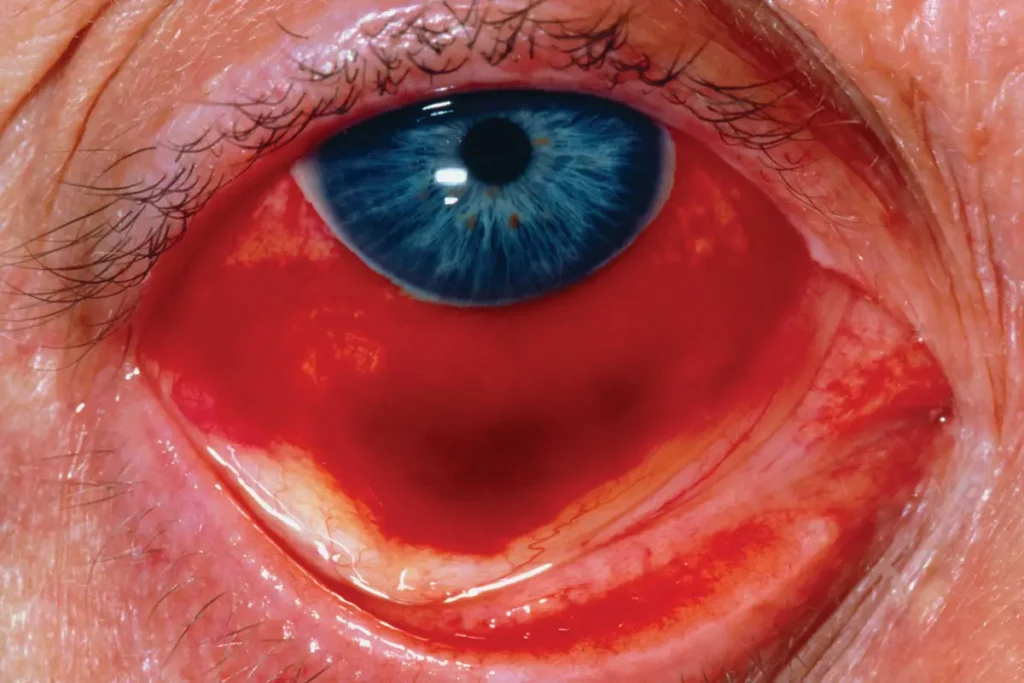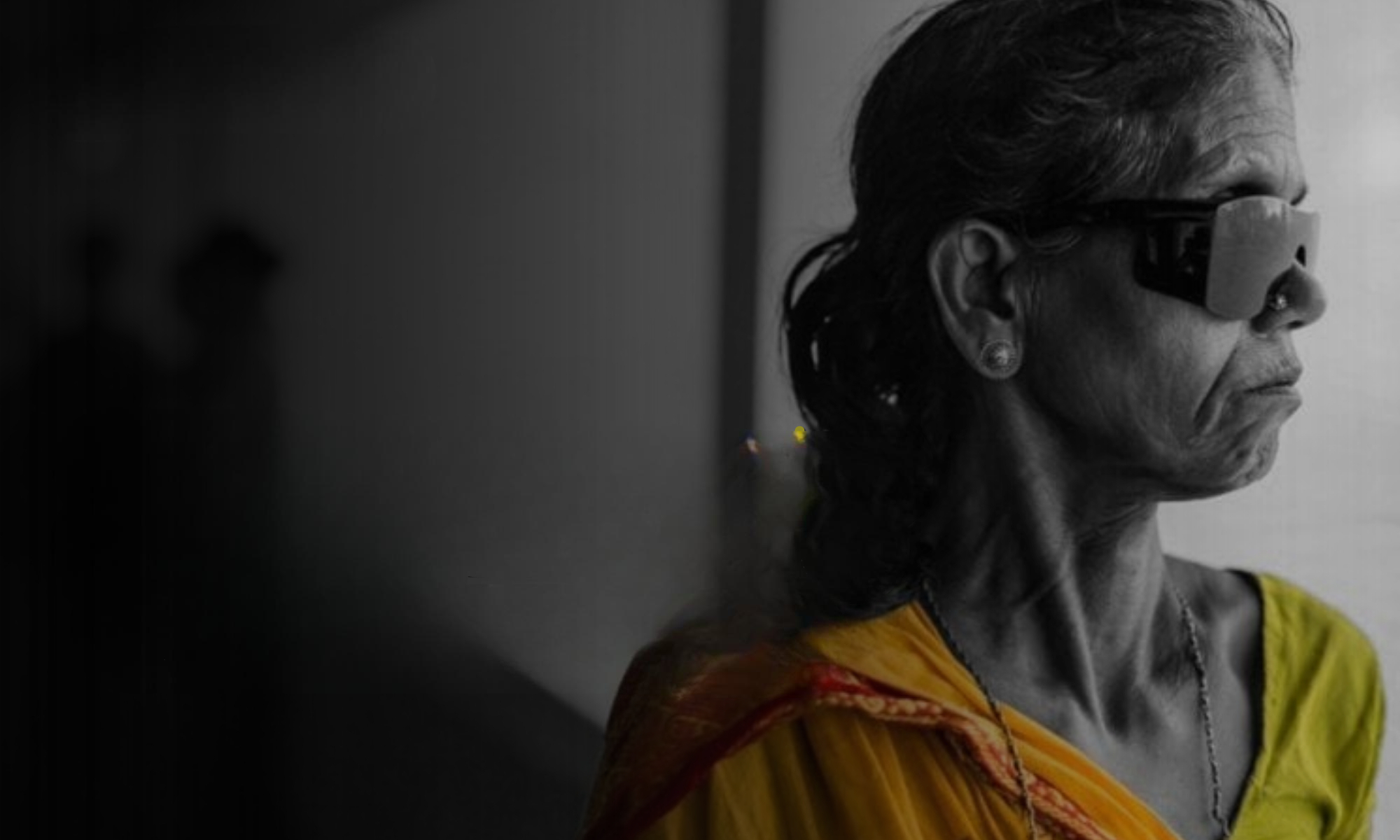Ever woken up to find your eyes looking red and irritated? Bloodshot eyes are not only uncomfortable but can also leave you feeling self-conscious.
In this blog, we’ll dive into the common causes of bloodshot eyes and discuss both quick fixes and long-term treatments. From simple home remedies to when you should consider seeing a doctor, we’ve got you covered. So let’s dive in and get started!
Contents
Understanding Bloodshot Eyes

Bloodshot eyes, commonly known as red eyes, occur when the small blood vessels on the surface of the eye become swollen or congested with blood. This condition causes the whites of the eyes to appear red or pink, a telltale sign that something isn’t right. While the appearance of bloodshot eyes might be startling, it’s often a symptom of something minor.
The redness can be uniform across the eye or it can appear as wavy lines or clustered spots. Accompanying symptoms may include:
- Irritation or Itchy Feeling
- Discomfort or Mild Pain, especially when the eyes are exposed to light.
- Watery or Dry Sensation
- In cases of infection, there might be a discharge from one or both eyes.
Understanding these symptoms and their variations is crucial in identifying the underlying causes of bloodshot eyes and determining the most effective treatment methods.
Common Causes of Extremely Red Eyes

Here’s a list of factors that can lead to bloodshot eyes:
- Lack of sleep
- Excessive screen time
- Environmental irritants (smoke, dust, etc.)
- Overuse or improper care of contact lenses
- Allergies
- Dry eye syndrome
- Eye infections (e.g., conjunctivitis, blepharitis)
- Subconjunctival hemorrhage
- Eye injury
- Alcohol consumption
When to Worry About Red Eyes

While bloodshot eyes are often harmless and temporary, certain symptoms can indicate a more serious condition requiring medical attention. Here are key signs that it’s time to see a healthcare professional:
- Persistent redness lasting more than a week
- Severe pain or discomfort in the eyes
- Vision changes, such as blurred or decreased vision
- Sensitivity to light
- Eye discharge, especially if it’s yellow, green, or accompanied by a foul smell
- Signs of infection, including excessive tearing, swelling, and warmth around the eye
- Accompanying symptoms like fever, headache, or nausea
- Bloodshot eyes following an injury, such as a hit or scratch to the eye
- Unusual pupil size or shape
These symptoms can be signs of more serious issues, such as glaucoma, uveitis, or a corneal ulcer, and warrant immediate evaluation by an eye care professional.
Home Remedies for Bloodshot Eyes

If you’re experiencing mild redness in your eyes, there are several home remedies and lifestyle adjustments you can make to help alleviate symptoms and promote eye health.
- Over-the-counter lubricating eye drops.
- Apply a warm, damp cloth to your eyes for a few minutes several times a day.
- For eyes that are red due to swelling or inflammation, a cold compress can help.
- Drinking plenty of water throughout the day.
- Reduce Screen Time (Be sure to take regular breaks using the 20-20-20 rule).
- Ensure that your work and living areas are well-lit to reduce eye strain.
- Avoid bright lights directly in your eyes.
- Wear sunglasses outdoors to protect your eyes from UV rays and harsh environmental conditions.
- Avoid Smoking
These simple home remedies can be very effective for managing and reducing the appearance of bloodshot eyes. However, if symptoms persist or worsen, it’s important to consult with an eye care professional.
Complications Associated with Chronic Eye Redness
Chronic redness in the eyes can be more than just a cosmetic issue; it may indicate underlying health problems that, if left untreated, could lead to serious complications, such as:
- Corneal Ulcers
- Scarring on the conjunctiva
- Vision Loss
- Secondary Infections
- Eyelid Problems
It’s important to address any ongoing issues with eye redness with a healthcare professional to prevent these potential complications and maintain overall eye health.
Conclusion
Chronic eye conditions can escalate into more severe health issues, impacting your ability to see and significantly reducing your quality of life. This highlights the importance of regular eye check-ups and timely treatment, ensuring that minor issues don’t turn into major complications.
With your support, we can continue to provide essential services like free eye check-ups, surgeries, and medicines to those in need.
Join Hands With Eye Mantra Foundation
Whether you’re someone suffering from an eye condition seeking effective treatment or you’re in a position to aid others towards better eye health, your involvement can make a huge difference.
FAQs
How Long Will Bloodshot Eyes Last?
Bloodshot eyes typically resolve within a few days, especially if caused by temporary factors like fatigue or minor irritants. However, if the redness is due to an underlying medical condition, it may persist until the condition is treated.
Is It OK If My Eyes Are Bloodshot?
Occasional bloodshot eyes due to minor irritants or lack of sleep are generally not a cause for concern and should resolve on their own. However, persistent or recurrent redness, especially if accompanied by pain or vision changes, should be evaluated by a healthcare professional.
Can Lack of Sleep Cause Bloodshot Eyes?
Yes, lack of sleep can cause bloodshot eyes. When you don’t get enough sleep, your eyes can become dry and irritated, leading to redness.
Can Vitamin Deficiency Cause Bloodshot Eyes?
While vitamin deficiencies alone are not a direct cause of bloodshot eyes, lacking certain nutrients like Vitamin B6, biotin, riboflavin, and zinc can exacerbate issues that lead to eye redness. Maintaining a balanced diet is important for overall eye health.

